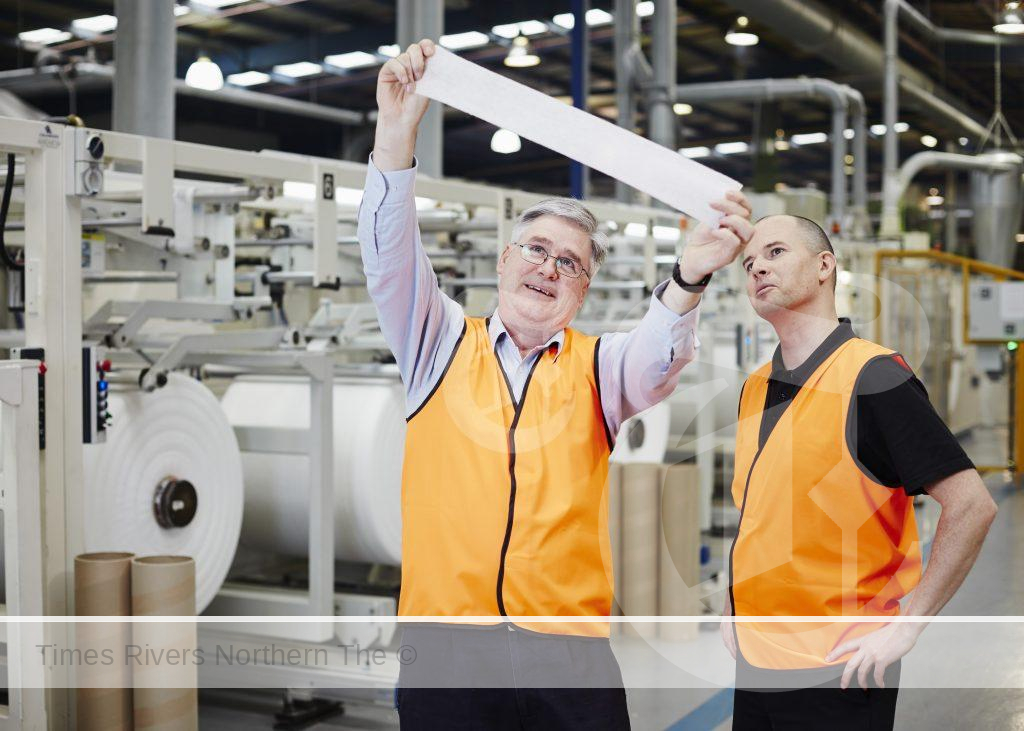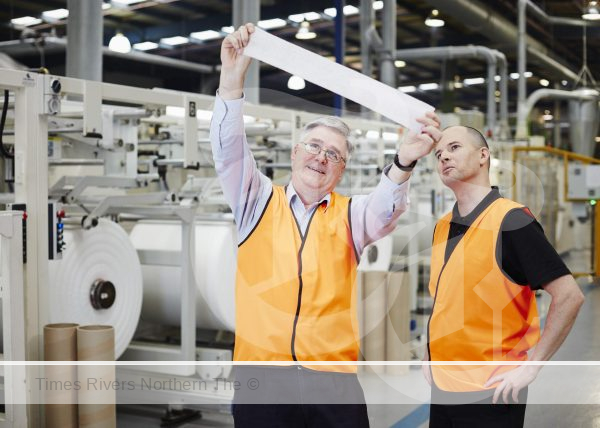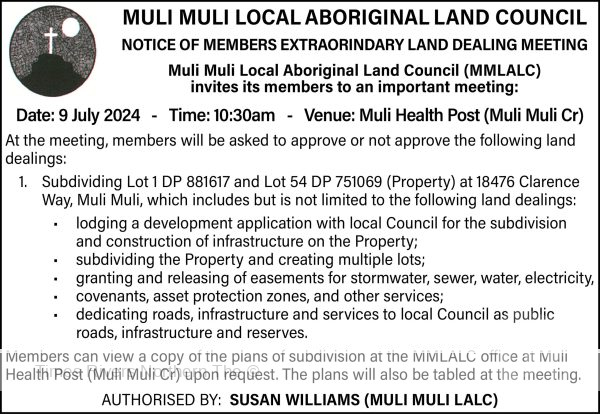More Australian businesses can now access R&D funding from CSIRO
More Australian small businesses can now access research and development ( R&D ) funding and expertise through Australia’s national science agency, as CSIRO broadens its Kick-Start program.
The program has now been expanded with an increase in eligibility to include businesses with a turnover of up to $10 million.
This marks a significant increase from the previous eligibility of companies with a turnover of up to $1.5 million.
The CSIRO Kick-Start program assists Australian small to medium enterprises (SMEs) and scale-ups by providing facilitation and dollar-matched funding to access CSIRO’s research expertise and capabilities for company-led R&D projects.
Since its inception in 2017, the CSIRO Kick-Start program has been a catalyst for over 260 small business projects, contributing just under $24 million in R&D activities. Collectively, these companies now hold a market value exceeding $2 billion.
Dr Doug Hilton, CSIRO’s newly appointed Chief Executive, said the expansion of the program underscored CSIRO’s commitment to create benefit for Australia by supporting Australian entrepreneurship and innovation.
“CSIRO can absolutely play a role in supporting SMEs to embrace research and in stimulating entrepreneurship among our scientists and others in the community,” Dr Hilton said.
“Expanding the eligibility of the CSIRO Kick-Start program means we can offer more Australian businesses, more Australian innovators, more Australian entrepreneurs’ access to the resources, knowledge, and support they need to flourish.”
From AI-powered tech to native skincare, hydrogen prototypes to Indigenous farming, the CSIRO Kick-Start program connects visionary businesses with cutting-edge science and technology.

The CSIRO Kick-Start Program connects SMEs with research expertise, acting as your in-house R&D division.
Key elements of the program include:
- Facilitation to help refine the research question
- Connecting businesses with relevant CSIRO researcher expertise and capability – think of us as your in-house R&D division
- Dollar-matched funding support to improve the affordability or expand the scope of R&D services
Dr Megan Sebben, CSIRO’s Kick-Start Program Manager, explained the program’s role in accelerating technologies to market.
“In today’s rapidly evolving business landscape, innovation is the lifeblood of success,” Dr Sebben said.
“Yet, many start-ups and SMEs face barriers, such as limited expertise and insufficient funding, that hinder R&D access.
“Our program serves as a driver for change, providing comprehensive facilitation to overcome these challenges.”
Eyes of AI (EAI), a Sydney-based company, recently achieved groundbreaking progress in dental x-ray analysis and pathology detection in collaboration with CSIRO researchers, made possible through the CSIRO Kick-Start program.
Dr Sen Le, co-founder of EAI, dentist, and multiple practice owner expressed enthusiasm for the program.
“Thanks to Kick-Start, EAI’s award winning dental software sets a new standard in radiograph analysis,” Dr Le said.
“Being able to harness the AI and imaging expertise of CSIRO’s Data61 team, a global leader in the field, is both an honour and an exciting development for our company.”
Find out more, or submit an expression of interest. https://www.csiro.au/en/work-with-us/funding-programs/SME/CSIRO-Kick-Start/about
For more business news, click here.





 Tweed Shire News2 years ago
Tweed Shire News2 years ago
 Motoring News1 year ago
Motoring News1 year ago
 COVID-19 Northern Rivers News3 years ago
COVID-19 Northern Rivers News3 years ago
 COVID-19 Northern Rivers News3 years ago
COVID-19 Northern Rivers News3 years ago
 Northern Rivers Local News3 years ago
Northern Rivers Local News3 years ago
 Health News3 years ago
Health News3 years ago
 COVID-19 Northern Rivers News3 years ago
COVID-19 Northern Rivers News3 years ago
 NSW Breaking News3 years ago
NSW Breaking News3 years ago

















